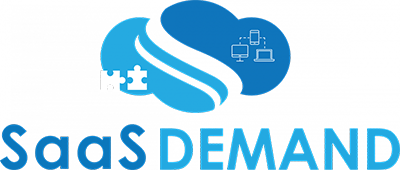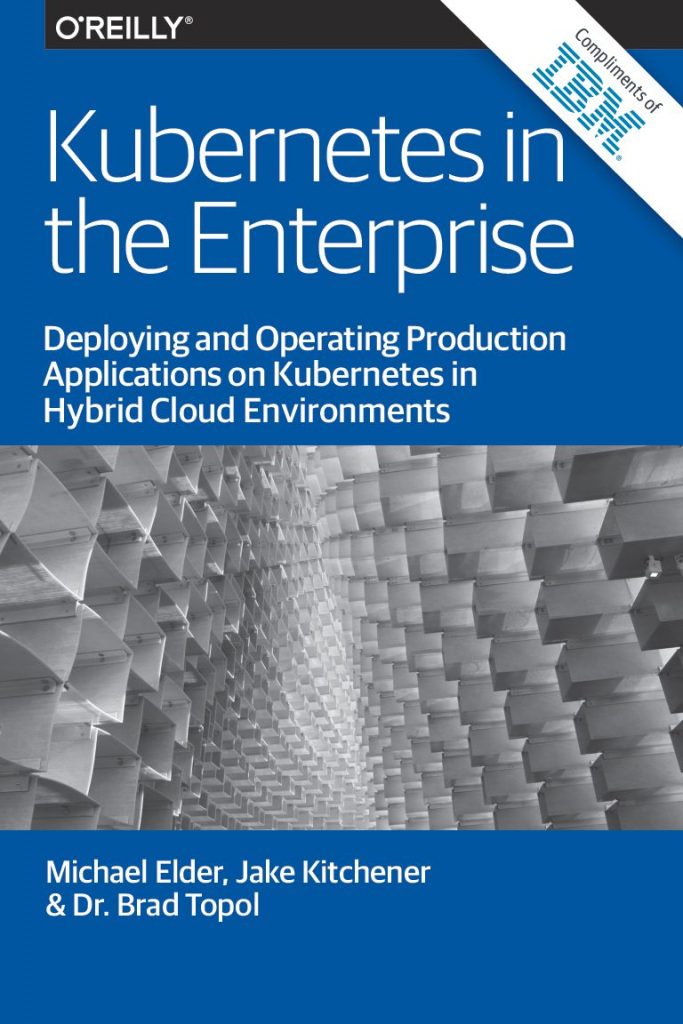Recently I helped create an upskilling curriculum for data science. It was aimed at people already in the industry with some tech background, though not in big data—those who didn’t have months to spend, but needed hands-on experience to get started. Our team debated which technologies would be most important for people to learn, given time constraints in the course. Jupyter, Docker, Spark, and TensorFlow each came up as key technologies. We started building examples to tie the tools together into practical workflows, plus a sampler of machine learning, data visualization, and associated topics.






